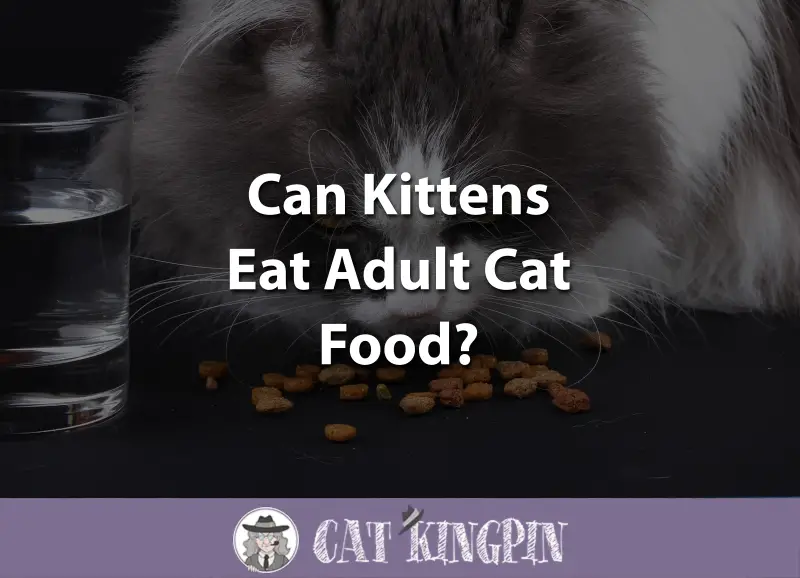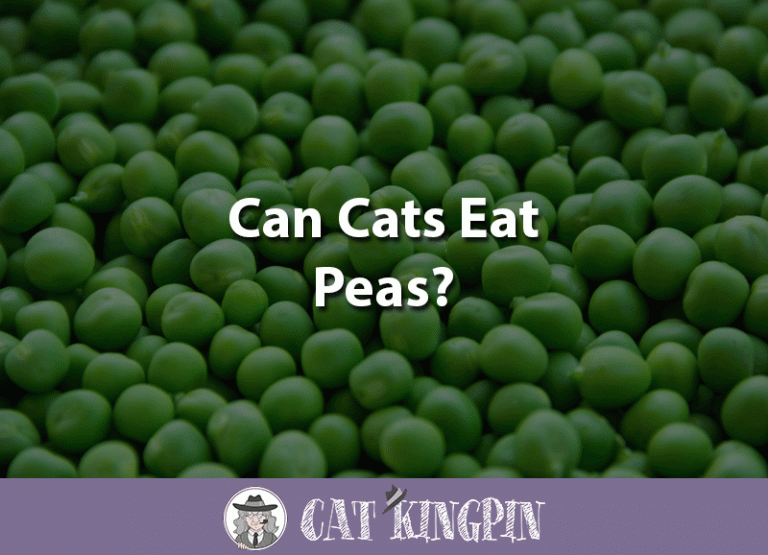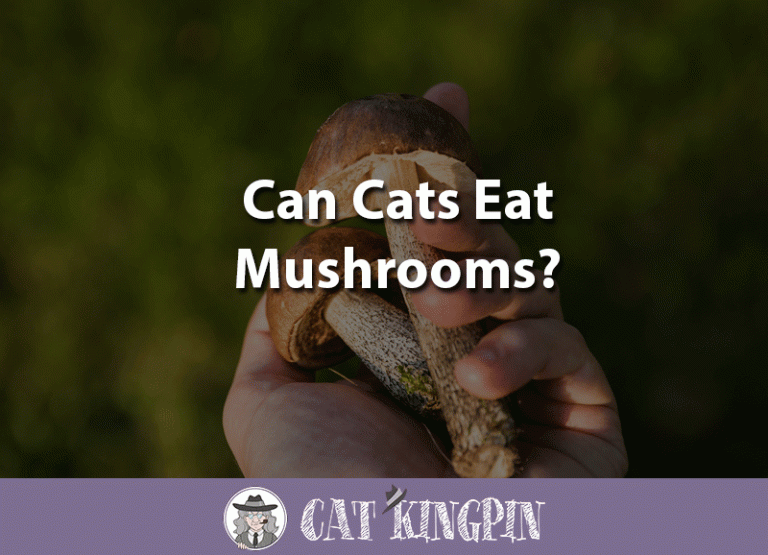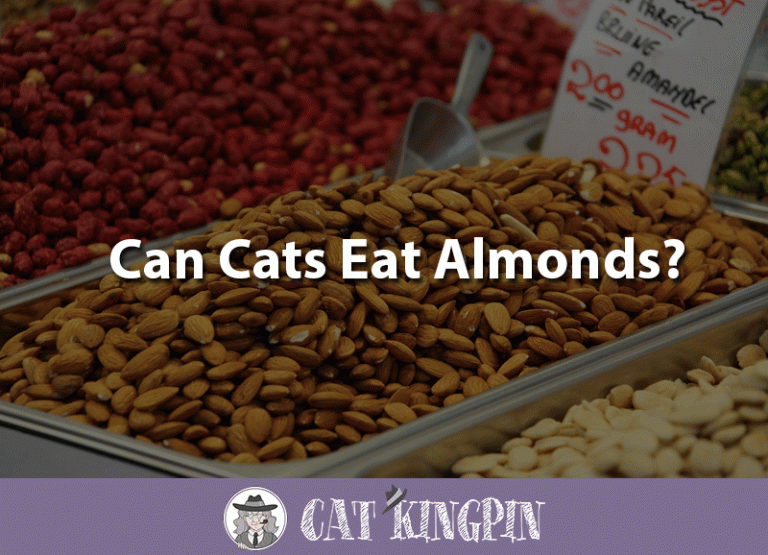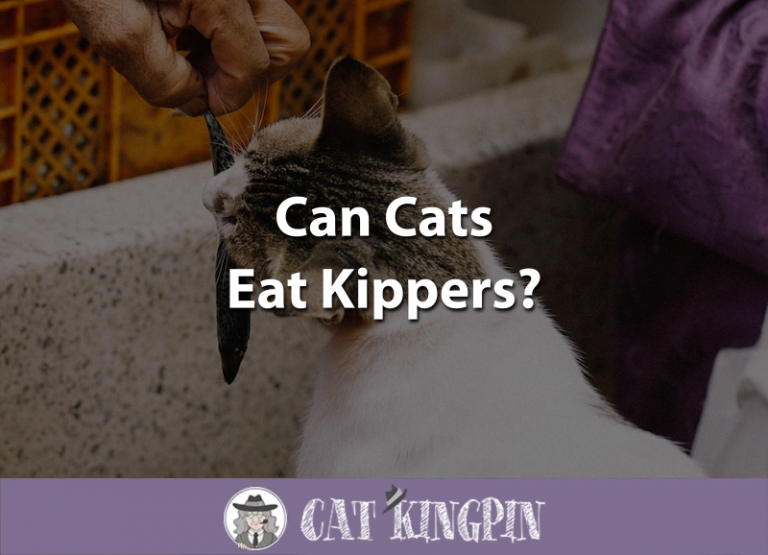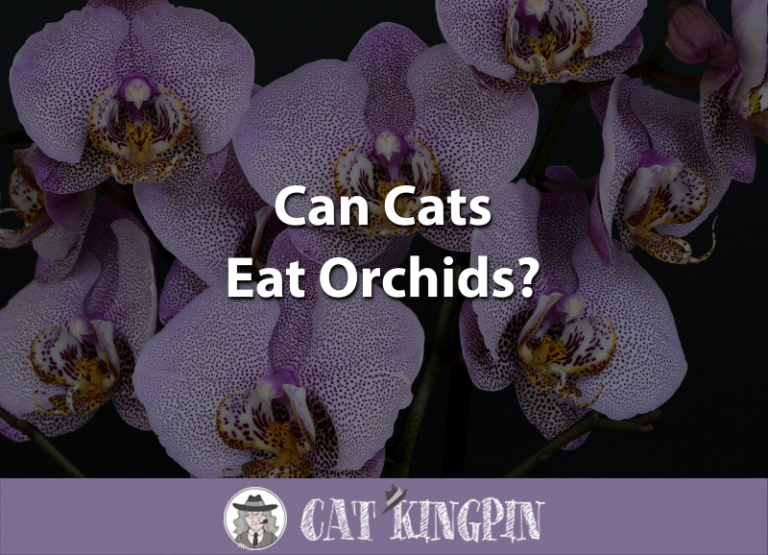Can Kittens Eat Adult Cat Food?
Cat food is specially formulated to meet feline nutritional needs. From the fat content to the protein levels, the pet food and health industries created foods that provide our feline friends with all the nutrition they need.
While not all cat foods are created equal, the majority of them will do a decent job of keeping your fat satisfied and healthy.
But what about kittens? Can kittens eat adult cat food?
Because kittens have different nutritional needs from their adult counterparts, there are foods made specifically for kittens. These foods, with their different vitamin and protein contents, are designed to help your kitten reach their full potential.
While adult cat food is unlikely to seriously hurt your kitten, there are some pitfalls to watch out for to keep your kitten happy and healthy.
In this article, we’ll cover the following:
- Kittens and Adult Cat Food – What You Need to Know
- Can Kittens Eat Adult Cat Food?
- How Long Should Kittens Eat Kitten Food?
Kittens and Adult Cat Food – What You Need to Know
Because kittens look like miniature versions of cats, it’s easy to forget they’re not biologically identical. Just as young humans have different requirements as adults, kittens have totally different nutritional needs than adult cats.
To compensate for these diverse nutritional needs, many cat foods make two varieties: one for kittens under one year of age, and one for adult cats. Some even include “senior” formulas which are designed for cats who are less mobile or less active than younger adults.
Kitten food differs from cat food in one very important way: protein content. While cat foods are made up of at least 18% protein, the minimum percentage for kitten food is 22%. Kittens are growing at an incredibly rapid pace. So, they require more protein in their diets to build muscle.
Additionally, kitten food contains higher mineral and vitamin content than adult cat food, all of which are aimed at developing healthy teeth and bones.
Kitten foods are also more caloric than food for adult cats. On average, kittens require three times as many calories per pound as their adult counterparts. As such, kitten food is more concentrated. Because kittens are physically capable of eating only a little at a time, the food they do consume must be as nutrient-packed as possible.
High-quality kitten foods contain a lot of protein, are rich in calories, and have adequate vitamin and mineral contents for a growing young animal.
An example of great kitten food is Blue Buffalo Healthy Growth. It lists meat as the first ingredient and is made up of 36% protein.
These kittens are getting their first taste of kitten food. They seem to love it! Well, the one does, at least!
Can Kittens Eat Adult Cat Food?
Physically speaking, kittens can eat adult food. Adult cat food is not poisonous to kittens and is unlikely to be detrimental to their short-term health.
Because kitten and cat foods taste similar, your kitten is unlikely to notice the difference and will eat the food you put in the front of them.
Speaking in the long term, though, adult cat food is not ideal. Kittens require different nutrition than adult cats so feeding your kitten an adult cat food will deprive them of the essential proteins, vitamins, minerals, and calories they need.
Maintaining a healthy weight is also extremely important during kittenhood. Kittens may have trouble gaining the weight they need if eating cat food which contain less calories.
It’s your responsibility as a conscientious kitten owner to purchase food made for kittens and feed them the food until they reach the age of maturity. This will this give them the best possible start in life. And, it can keep potential health issues at bay.
How Long Should Kittens Eat Kitten Food?
Generally speaking, kittens are considered “kittens” until 12 months of age. At this point, the majority of the physical, sexual, and emotional growth has already occurred.
There is one exception: larger breeds of domestic cats, such as Maine Coons, tend to mature more slowly and are considered kittens until around 18 months of age.
If you have a specific breed of cat, your cat’s breeder can give you instructions on how and when to transfer them from kitten to adult cat food. In the absense of this information, the 12-month mark is generally a safe bet.
You should change your cat’s food gradually, as making a sudden change can cause digestive upset. A good rule of thumb is to introduce the adult cat food slowly over the course of a week.
The first day, 1/8th of your kitten’s food should be adult food. Gradually increase the amount of adult cat food until you’ve completely made the switch. Don’t worry if it ends up taking you longer than a week, as long as you do so gradually.
It’s also important to remember that cats often need to eat less than kittens. So, the amount of kitten food you were feeding your kitten may be far too much adult cat food. You should consult your veterinarian and check the label on your cat’s food for guidelines.
If your adolescent cat rejects the adult food, don’t panic. They may simply have developed a taste for their kitten food. You should try to give your cat the same brand of food that they ate as kittens, as the taste may be similar.
Blue Buffalo, for example, makes both a kitten and an adult cat food. The kitten food, Blue Buffalo Healthy Growth, is formulated for kittens. The adult version, Blue Buffalo Indoor Health, is made to suit the nutritional needs of adult cats.
So, can kittens eat adult food?
While kittens can eat adult food if there’s no alternative, it’s best to feed them kitten food up to a year of age. Kitten food is higher in protein and contains far more calories than adult cat food, all of which are important for growing kittens.
Luckily, kitten food is plentiful, easy to find, and costs about the same as adult cat food, so there’s really no excuse not to! Look for a kitten food that is high in protein (at least 22%, but preferably over 30%), and that lists meat as the primary ingredient, such as Blue Buffalo Healthy Growth.
What kitten food did you give to your kitten? When did you switch them to adult food? Did the process go smoothly? We want to hear all about it, so let us know in the comments!

